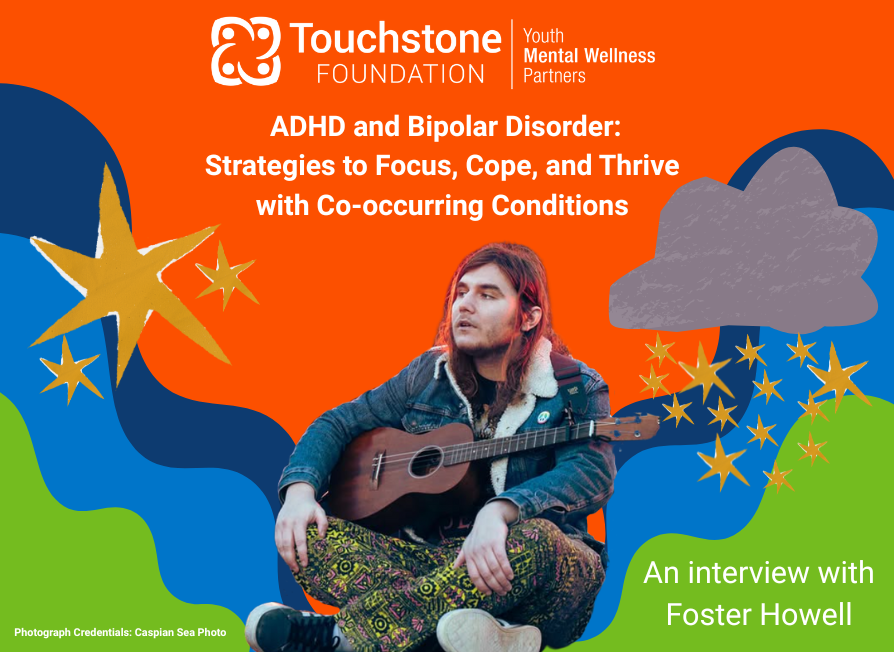LOHF hosted a small group of local experts for discussion on how emotional trauma affects physical health. We viewed the TEDx MED talk given by Dr. Nadine Burke Harris, How Childhood Trauma Affects Health Across a Lifetime.
Children who experience adversity and trauma have an increased risk of developing heart disease, hypertension, diabetes, and even some cancers. That’s why professionals in healthcare, social services, and education are re-evaluating the way we respond to childhood adversity. They are discovering that the consistent presence of at least one supportive adult in a child’s life can counteract trauma, preventing these health problems.
LOHF hosted a small group of local experts for discussion on how emotional trauma affects physical health. We viewed the TEDx MED talk given by Dr. Nadine Burke Harris, How Childhood Trauma Affects Health Across a Lifetime.
In the small group, each shared professional experiences with this topic. The discussion recognized the current limitations of professionals working in industry silos. The importance of providers asking students and families to sign releases was also punctuated as a first step to improve collaboration and patient care.
The trauma-informed care movement has traction here
From this meaningful discussion, and similar ones with our grantee cohorts, we’ve discovered many share this hope for Lancaster County to become a trauma-informed community. And they are making strides to do it.
- Warwick School District hosts weekly student services meetings between a social worker, Intermediate Unit, guidance counselors, principal, and school nurses. This is a forum for staff to present concerns about a teen. The group can suggest appropriate interventions if necessary. Using ACEs as a commonly understood term allows a member of this multidisciplinary team to indicate concern for a teen without the need to describe adversity or trauma in detail.
- Police officers are getting training on trauma, through a grant from LOHF to Community Action Partnership and the RMO.
- Behavioral health providers at Community Services Group are talking with school nurses, and scout leaders about how to positively impact children who may have experienced adversity or trauma.
- Providers of Family-Based Mental Health Services for children and adolescents at risk of hospitalization or our-of-home services now have training in trauma-informed care.
- Specific certifications for providers are emerging, such as Trauma-Focused CBT.
- Millersville University are embedding trauma-informed training in their Social Work degree programs.
- School nurses are teaching youth and children about the scientific causes of depression and anxiety, and how to navigate the symptoms if they experience them.
- Lancaster Theological Seminary is educating clergy about trauma and ACEs.
- More therapists, counselors, and primary care providers are learning how to ask the ACE questions in one-on-one conversations in the context of their trusted relationships with their clients and patients.
- Millersville University and Pennsylvania College of Health Sciences have added courses addressing stereotypes, bias, and culture. (ACEs can often be a result of repeated exposure to these throughout childhood and adolescence.)
- Millersville University has also begun training faculty to be champions for Diversity, Equity, and Inclusion in order to shift culture and change systems.
- Prison staff, probation officers, and parole agents including probation, parole officers are receiving ACEs training through the Re-entry Management Organization.
- Community Action Partnership has trained more than 1,500 adults in Trauma 101, across many sectors of Lancaster County.
Building on our momentum
Group input included the following as important next steps toward Lancaster County becoming a trauma-informed community, and reversing the effects of ACEs on our youth and children.
- Coordinated effort to train early childhood educators, and parents of infants, toddlers, and preschoolers, about ACEs.
- Educate clergy through groups that already meet regularly.
- Education about how our biases guide our thinking and influence our decisions, and how this relates to ACEs.
- Teaching foster parents about ACEs.
- Small groups at churches can view the TEDx MED talk given by Dr. Nadine Burke Harris, How Childhood Trauma Affects Health Across a Lifetime.
- Embed ACEs education within curricula for nursing and education careers. Use social work curricula as a model.
- When K-12 education focused on standardized testing, social-emotional curricula was lost, and we need to shift back to it.
- Using ACEs language in classrooms teaches kids how to give names to their feelings, and understand the science behind symptoms.
- Train/retrain Children & Youth Agency about ACEs (including Youth Intervention Center staff)
- Improve coordination between placements and schools. Create placements within school buildings to minimize trauma caused by separation.
- School social workers should become budgeted, required positions in Pennsylvania.
- Licensed clinical social workers in schools should be able to provide clinical care and submit for reimbursement.
- Fund more social workers instead of school resource officers (police).
- Train prenatal providers on ACEs.
- Create a parent education resource handout for healthcare providers to give parents in exam rooms.




